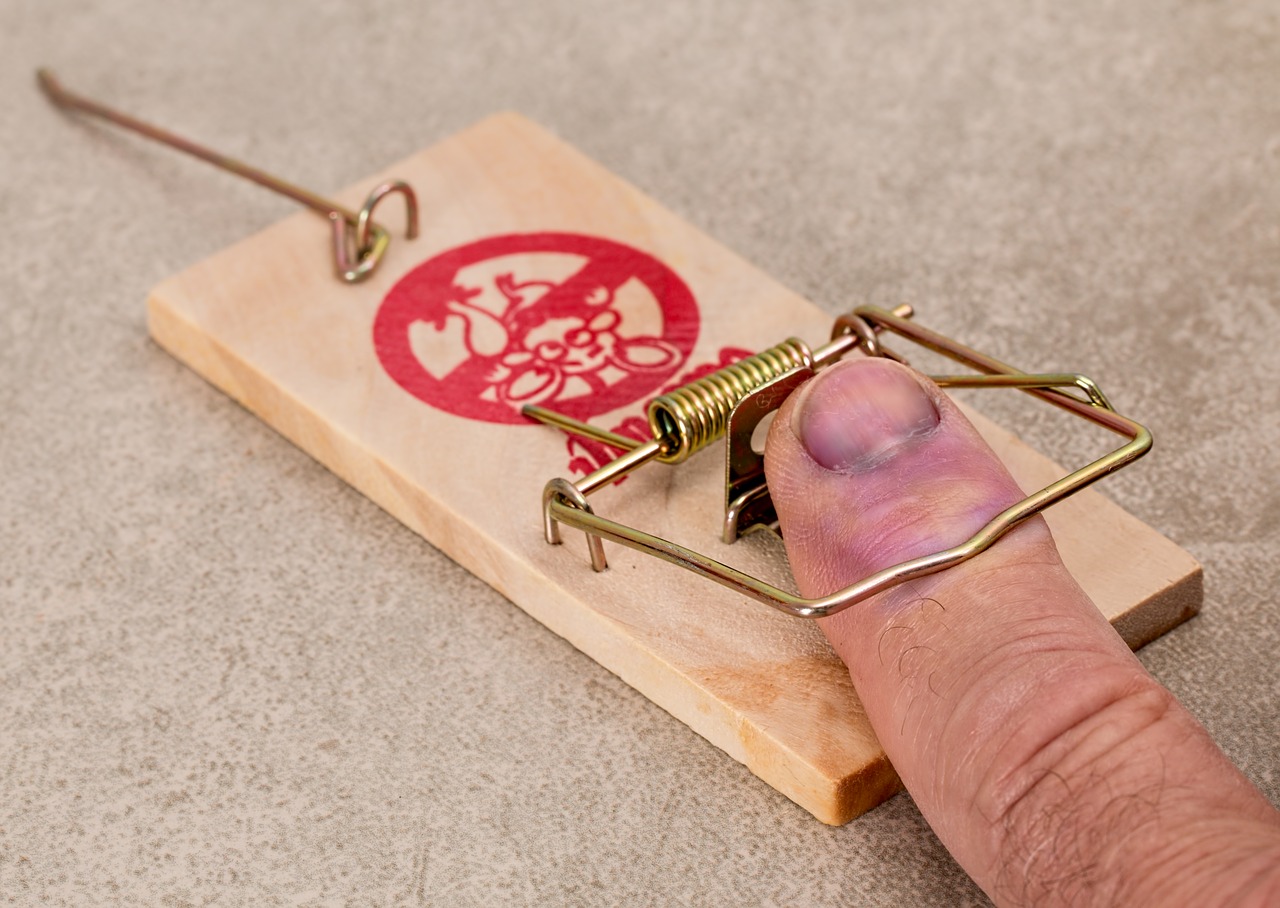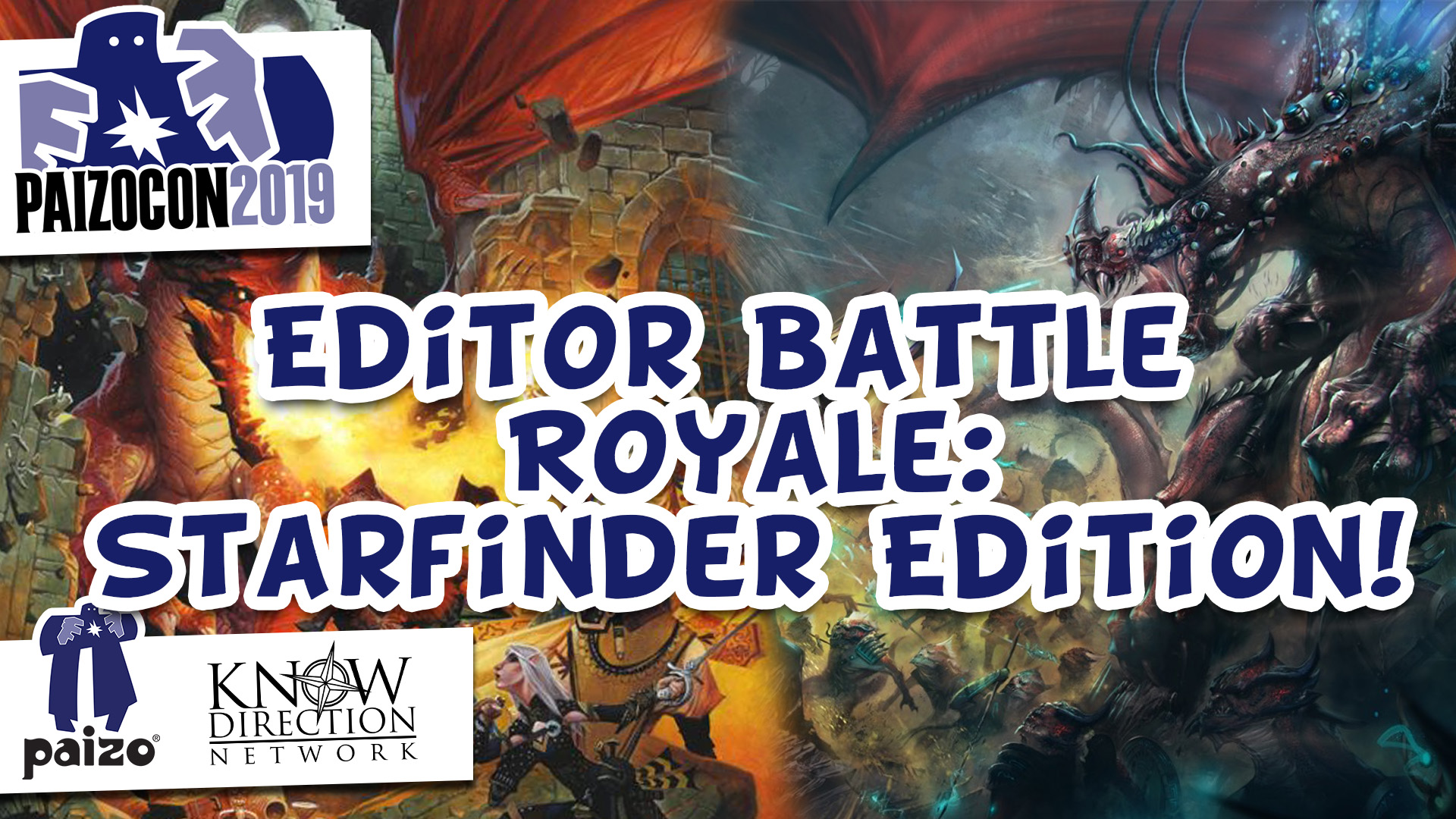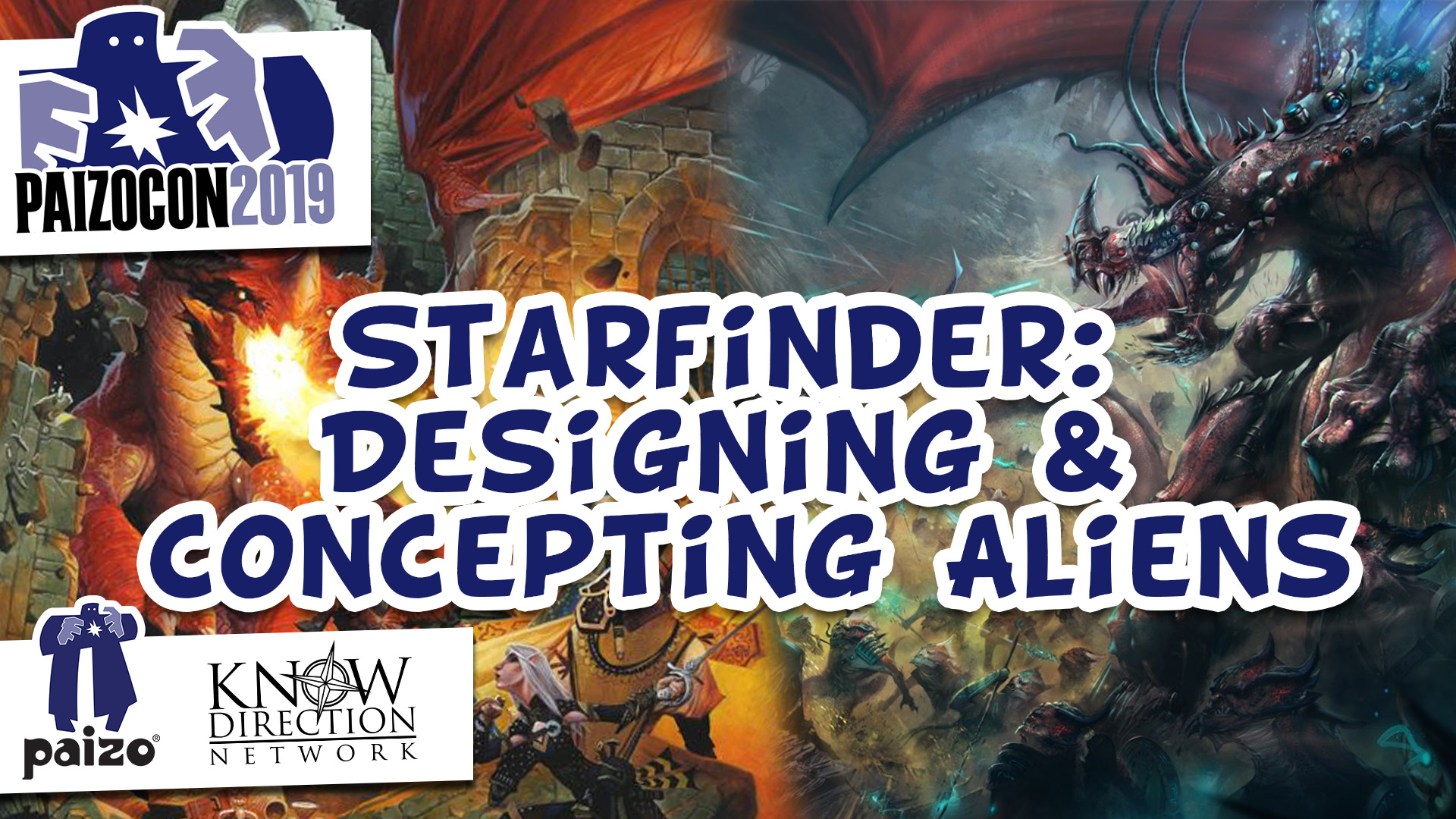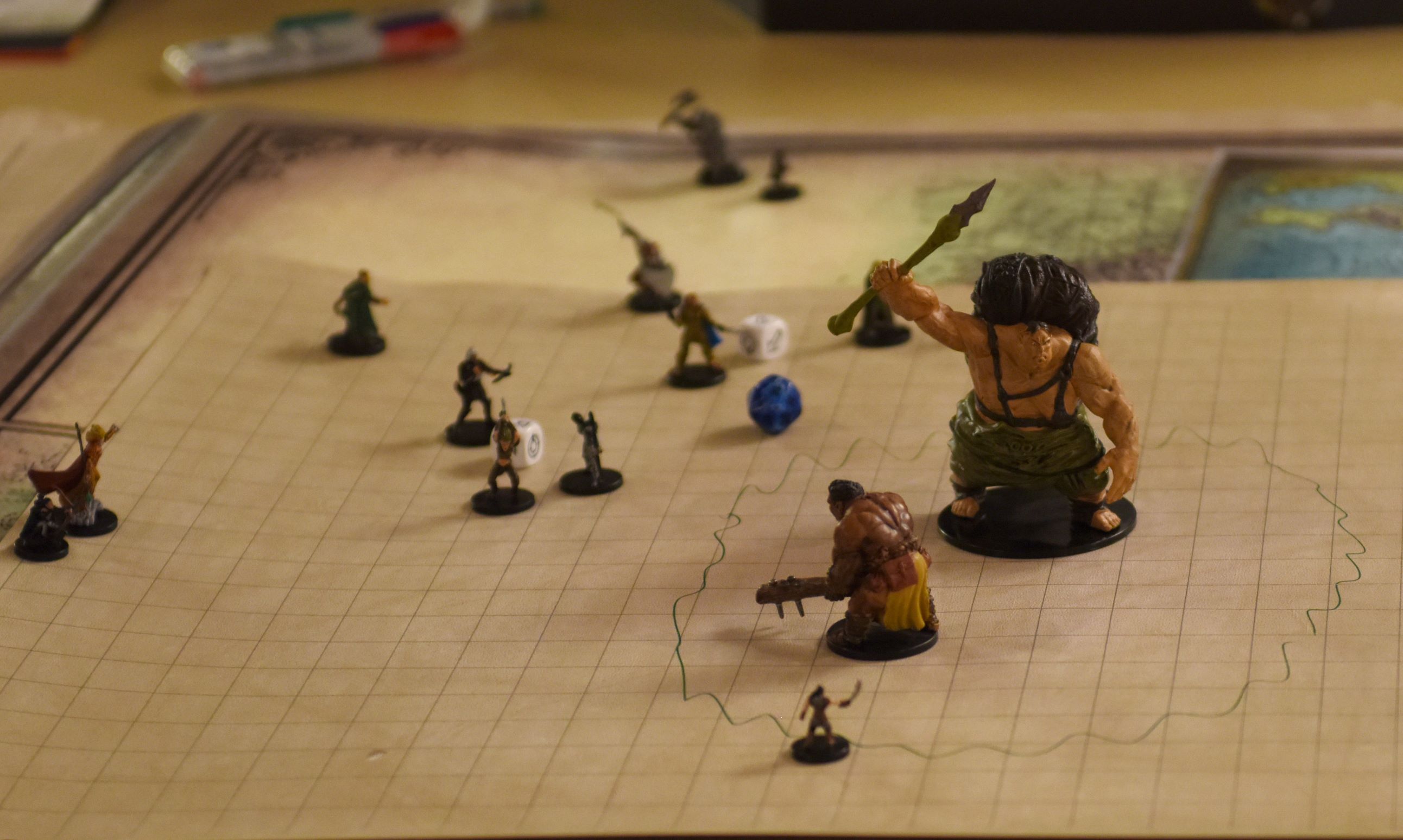We make knowledge checks all the time and are frequently met with “you don’t know.” But that’s kind of boring, isn’t it? Does it have to be?
Dear DovahQueen: I’ve been thinking about skill checks and how they tend to differ in failure. If you fail climb or acrobatics or swim, the consequences could be dire. If you fail a perception or disable device, you could easily miss an important clue or get caught in a trap. If you fail knowledge or spellcraft identification… nothing happens. You just don’t know it. It’s kind of boring.
What do you think about changing that? Mis-identifying potions or wands. Mixing up your history knowledge and thinking one god’s symbol is actually another. Thinking something is undead when it’s not. I find it much more interesting and realistic. It adds a level of absent mindedness we all experience. But is it too much to throw at players? —A Mischievous GM
Dear Mischievous: Honestly, these are the kinds of things I think every GM should be thinking about—“what can I do to improve the immersion of my game?” What’s interesting about this particular topic is that it’s one I see other editions, game systems, and GMs looking for ways to improve already. I remember one in particular which was already seeking to address it. What I wouldn’t worry about, though, is if it’s too much for your players. Players are capable of soaking up a lot of punishment; in my experience, it’s less about the amount being thrown at them and more about the implementation. If you prep well and implement it fairly, it should be a fun mechanic.
I remember that in the Pathfinder 2 playtest, there was a secret check where the GM rolled the player’s knowledge and then adjusted their response accordingly. I think this is pretty close to what you’ve mentioned, and it’s certainly worth exploring at the table. Consider writing down your some of the pertinent skills from your PCs—skills like Perception, Sense Motive, and Knowledges (obviously) are good places to start. These are the kinds of skills where the player and the character really shouldn’t know if they’ve rolled low or not. You can make arguments for each like “My character knows she rolled low on perception cause she had something in her eye,” but really that’s just creating justifications to *know* that you’ve failed. If soldiers from history *knew* that they’d failed a Perception check, literally no ambush would’ve ever worked. People just don’t have a sixth sense when there’s something around that they *could* see if they looking in the right way. Knowledge kinda can work the same. I’d roll these kinds of checks for them and guage exactly how badly they failed it. If it’s close, “you can’t quite remember” seems fair to me. Failed by 5 or more? “You think you remember that trolls are weak to lightning and cold damage, but you’re not quite sure.” Maybe they’ve failed epically? “You’re 100% that fire and acid heals trolls. It’s a common misconception that they’re weak to it.”
These kinds of wrong informations are common for us in the real world too. Its common that we simply can’t remember a thing, and also common that our memory is a little foggy. And sometimes we just plain and confidently remember something false. It happens, ya know? I think running a mechanic like this in game could be very fun if you’re up to the task of rolling all these saves for the players. You *could* let them roll it, but I think they’re gonna have more fun if they don’t know that the information they’re receiving is the result of a nat 2. Try the same for potions and wands too; it’ll be hilarious when they use a Wand of Charm Person on an NPC and a Fireball comes out.
This is where I wanna make mention of being careful about how often you call for rolls. The nature of d20s and DCs makes it such that there’s typically a pretty fair chance to fail anytime you cast the die, but this just *isn’t* always the case in life. I’m a pretty ok cook. Like, I’m not Gordan Ramsay or Martha Stewart, but I do ok. I might have skill rank in Craft (food) or something, but I’m not going to fail to make a decent meal 25% of the time that I step in front of the oven, ya know? Likewise, I’ve played such a ridiculous amount of Skyrim that there’s exceedingly little I don’t know about it. If you asked me to make a very specific knowledge check about which mob type spawns in which dungeon, there’s a chance I could remember incorrectly; this kind of knowledge check makes sense to call for. That’s not what I’m getting at. But if you asked me who the main antagonist of Skyrim is, there’s no possibility where I don’t know that it’s Alduin the Worldeater. These are the kinds of rolls that I’m talking about. When a player’s cleric sees a holy symbol to a major deity on the wall, I don’t think we need to be asking them to roll that. They know it; it’s literally their job. I mention this because giving characters more chances to fail things gives the above mechanic more chances to trigger in situations that don’t make a lot of sense. You might want to consider being more loose with what you give them free-from-rolls in exchange for having more interesting and dramatic failures.
Now for something completely opposite of everything previously mentioned. Locally, my friends and I have a Wrath and Glory game on the side, and that game has a philosophy of “failing forward.” Didn’t succeed at a jump check? Instead of falling into the chasm to your death, you can make it across but you get injured in the process; it’s a story-first kind of mechanic. This one one is worth thinking about, but it typically works better for physical skills like climbing and jumping and stealth. It’s all about moving forward with the story, but adding a complication to the result. I like it for games and GMing styles where the GM is really just trying to tell an awesome story. Its not for every game and GM, of course, but I mention this because being aware of tangential methods like these helps us craft better systems for our own tables.
In the end, the most important variable is the tone of your story; what kind of narrative are you trying to tell? Adding interesting failures to the player’s actions might increase both the immersion and the difficulty. Depending on your players, it could be received very well or very poorly. Discuss it with them. See what they like and weigh that against what you’re comfortable with. Immersion and realism and all that fancy stuff is grand, sure, but at the end of the day, nothing is more important than everyone involved having a good time.
You can request RPG advice by sending an email to deardovahqueen@gmail.com or by message on Facebook.







